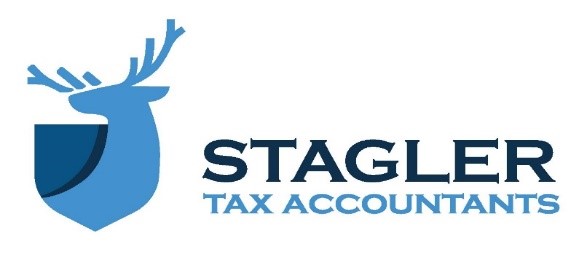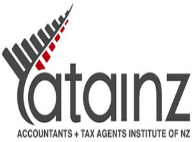Introduction
Managing taxes efficiently is a crucial aspect of personal and business finance in New Zealand. However, navigating the complex tax landscape can be daunting, and having a reliable tax agency is essential. In this blog, we’ll discuss the importance of selecting the right tax agency in New Zealand and guide you in making this critical decision to ensure your financial success.
The Role of Tax Agencies in New Zealand
Tax agencies in New Zealand have a crucial role in assisting individuals and businesses in adhering to tax regulations and optimising their financial prosperity. They provide various services, including tax planning, preparation, filing, and representation in case of audits or disputes with the Inland Revenue Department (IRD). Here are some reasons why choosing the right tax agency is vital:
- Expertise and Knowledge: Tax agencies are staffed with professionals with in-depth knowledge of New Zealand’s tax laws and regulations. They can help you navigate the intricacies of the tax system, ensuring you take advantage of all available deductions and credits while staying compliant.
- Time Savings: Handling your taxes can be time-consuming, especially for businesses. A tax agency can handle the paperwork, calculations, and filings, allowing you to focus on your core activities.
- Minimised Risks: Tax agencies can help avoid costly errors and penalties by ensuring accurate and timely tax submissions. They can also guide tax planning strategies to reduce your tax liabilities.
- Audit Support: In the event of an audit or a dispute with the IRD, a reputable tax agency in your corner can provide invaluable support, assuring the protection of your rights and offering expert guidance to navigate the intricacies of the audit process.
Choosing the Right Tax Agency
Now that you have grasped the significance of choosing the appropriate tax agency let’s delve into essential factors to contemplate when arriving at your decision:
- Reputation and Experience: Research potential tax agencies and look for reviews and testimonials from their clients. Consider agencies with a proven track record and extensive experience handling tax matters in New Zealand.
- Services Offered: Assess your tax needs and ensure the agency offers your required services. Whether you need personal tax preparation, business tax planning, or audit representation, the agency has expertise in your area.
- Qualifications and Credentials: Verify that the tax professionals working at the agency are qualified and certified. Look for memberships in professional organisations like the New Zealand Institute of Chartered Accountants (NZICA) or the Chartered Accountants Australia and New Zealand (CA ANZ).
- Accessibility and Communication: Ensure the agency is accessible and responsive to your needs. Effective communication is crucial for a successful working relationship.
- Fees and Cost Transparency: Understand the agency’s fee structure upfront. Some agencies charge a flat price, while others may bill hourly. Please ensure you are comfortable with their pricing and that there are no hidden costs.
- References and Referrals: Ask for references from the agency and speak with their current clients. Referrals from trusted sources can provide valuable insights into the agency’s performance.
- Compatibility: Choose an agency that aligns with your values, goals, and communication preferences. A good fit in terms of culture and working style can lead to a more productive partnership.
Conclusion
Opting for the correct tax agency in New Zealand constitutes a pivotal choice with substantial implications for your financial well-being. By electing an agency distinguished by its expertise, experience, and impeccable reputation, you can guarantee the efficient and compliant management of your tax matters. It is imperative to assess your specific tax requirements, foster transparent communication with the agency, and validate their qualifications before deciding. With the support of a proficient tax agency, you can navigate the intricate tax terrain with assurance and make strides toward attaining your financial objectives.







